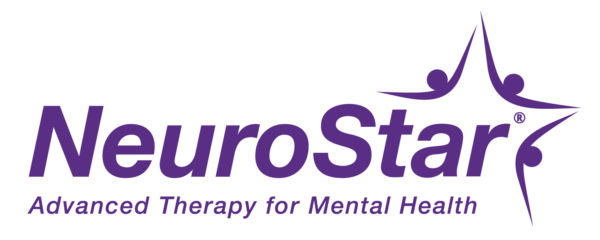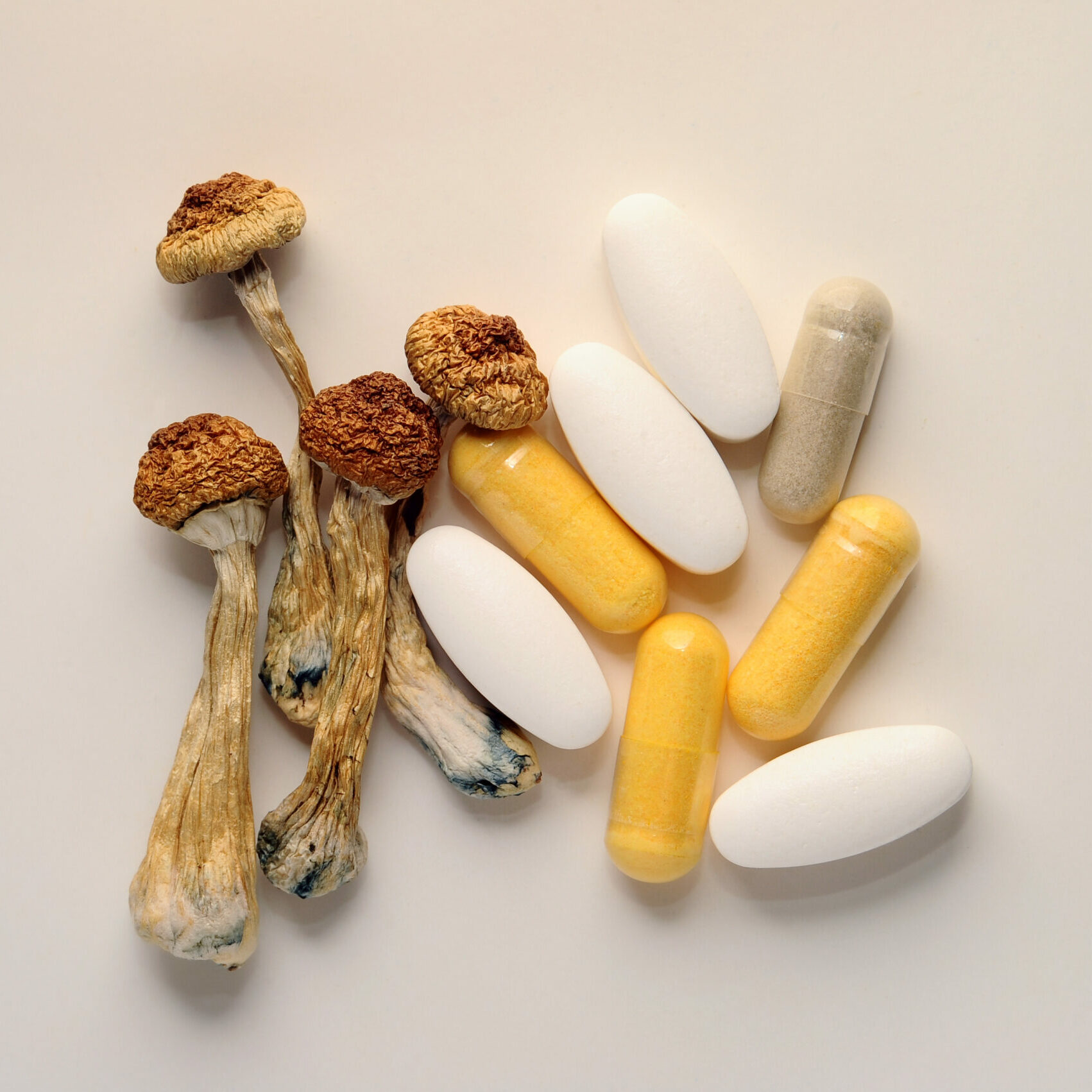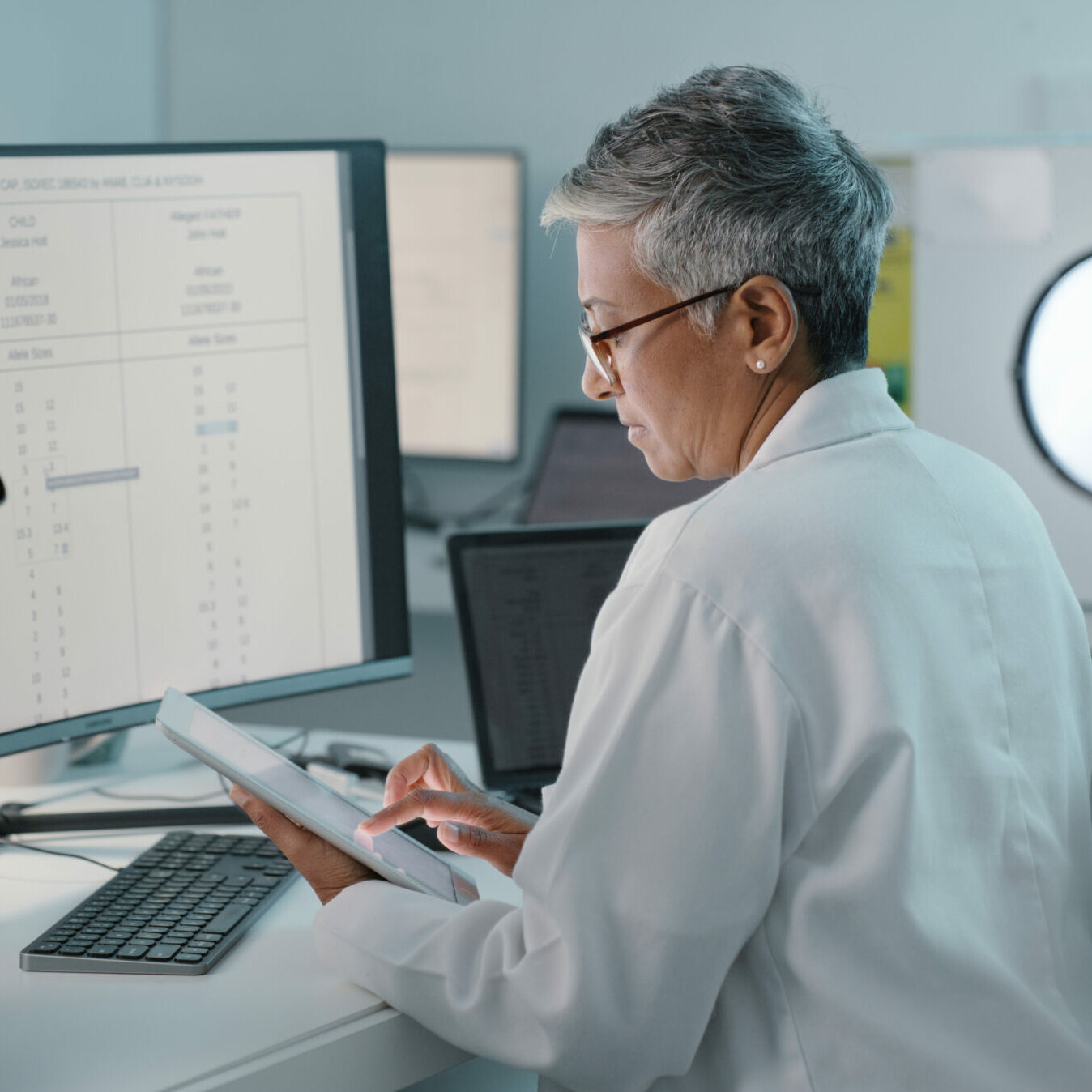Related Blog Posts
Learn more about Transcranial Magnetic Stimulation and other novel approaches to mental health care offered by our team of top-tier clinicians and support staff at Hightop Health.
-
Modern Modalities For MDD: A Deep Dive Into Transformative Treatments
Major depressive disorder (MDD), a common and serious mental disorder that negatively affects how people feel, think, act, and perceive…
-
What’s Better for Treatment-Resistant Depression? Transcranial Magnetic Stimulation (TMS), Ketamine, or SPRAVATO®(Esketamine)?
Many of my patients who come to me for a treatment resistant evaluation wonder what’s wrong with them that the…
-
Is There a Safe Sleeping Medication I Can Take?
If you’ve tried all the non-medication suggestions to help you sleep and you’re still having issues, sleeping medications can be…
-
Antidepressant Pills Don’t Help Me! What Do I Do Next?
For the last several decades, treatment of depression consisted of either anti-depressant medications or psychotherapy or some combination of the…
-
Get Psilocybin Treatment (Yes, Magic Mushrooms) at Psych Atlanta for Depression and Anxiety!
So sorry to mislead you, but psilocybin (magic mushrooms) is not ready for prime time. I admit you were manipulated…
-
Can’t Sleep? What You Can Do Before Getting on Sleeping Pills.
There are many reasons why you may not be able to sleep. The number one reason is poor sleep habits….
-
Should You Believe in Science?
Strange question but more people are asking it in the last few years especially with confusion, misinformation, and politicization around…
Modern Modalities For MDD: A Deep Dive Into Transformative Treatments
Major depressive disorder (MDD), a common and serious mental disorder that negatively affects how people feel, think, act, and perceive…
What’s Better for Treatment-Resistant Depression? Transcranial Magnetic Stimulation (TMS), Ketamine, or SPRAVATO®(Esketamine)?
Many of my patients who come to me for a treatment resistant evaluation wonder what’s wrong with them that the…
Is There a Safe Sleeping Medication I Can Take?
If you’ve tried all the non-medication suggestions to help you sleep and you’re still having issues, sleeping medications can be…
Antidepressant Pills Don’t Help Me! What Do I Do Next?
For the last several decades, treatment of depression consisted of either anti-depressant medications or psychotherapy or some combination of the…
Get Psilocybin Treatment (Yes, Magic Mushrooms) at Psych Atlanta for Depression and Anxiety!
So sorry to mislead you, but psilocybin (magic mushrooms) is not ready for prime time. I admit you were manipulated…
Can’t Sleep? What You Can Do Before Getting on Sleeping Pills.
There are many reasons why you may not be able to sleep. The number one reason is poor sleep habits….
Should You Believe in Science?
Strange question but more people are asking it in the last few years especially with confusion, misinformation, and politicization around…









